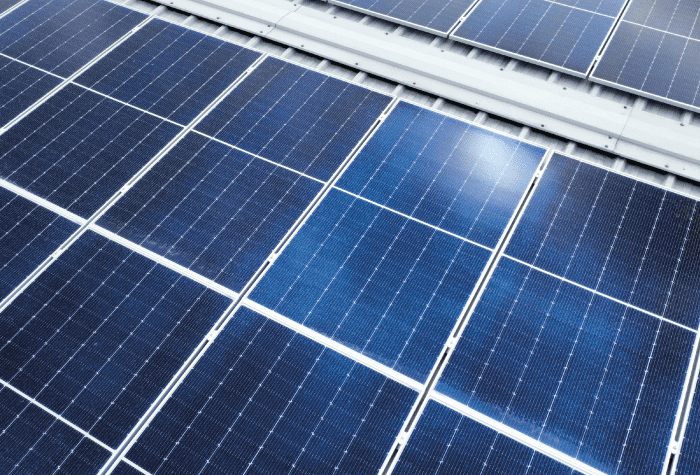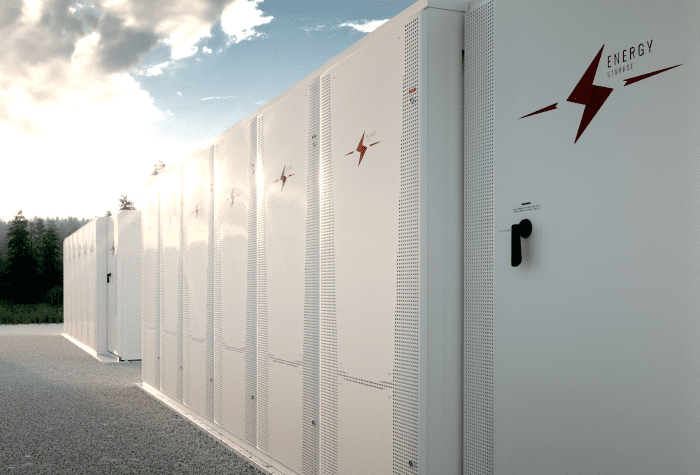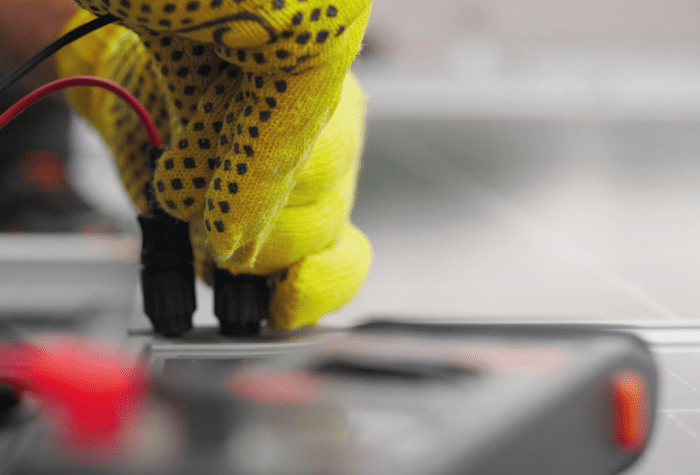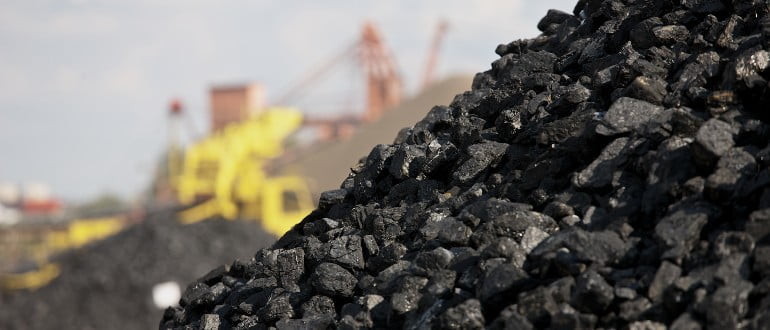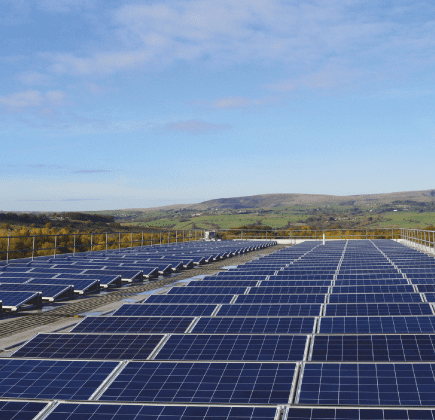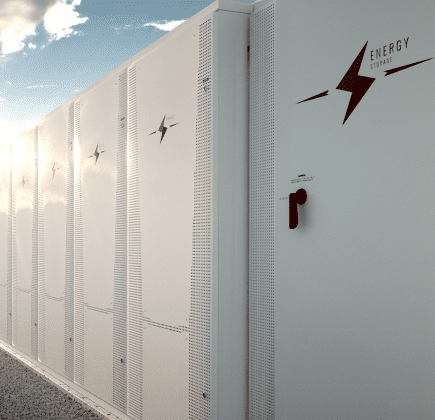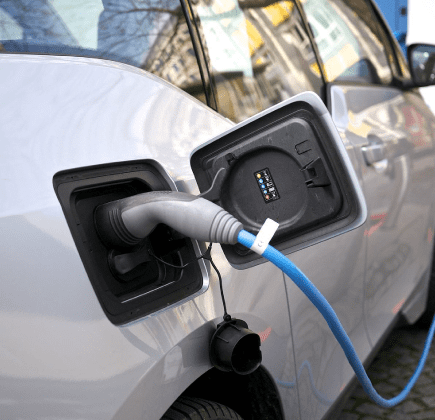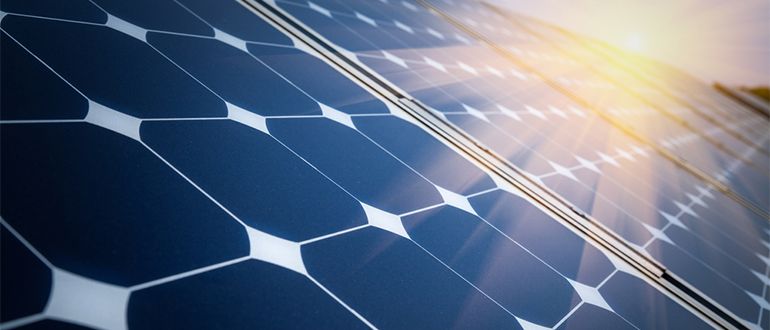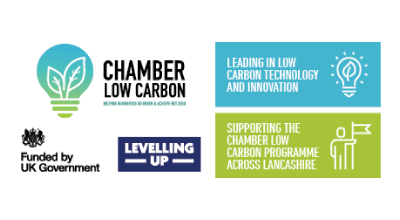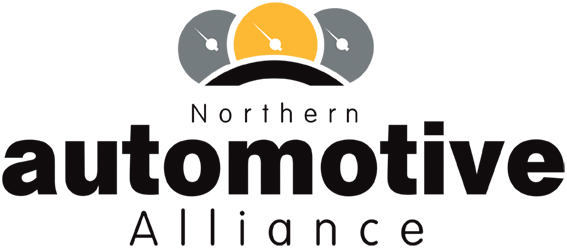- UK: 01282 421 489
- IE: 00 353 913 981 80

2022 has already been an incredibly busy year for our team so far, as we continue helping ever-growing numbers of businesses to realise their Net Zero ambitions with low-carbon technologies like commercial solar panels. In recognition of our team’s hard work, we’re thrilled to announce that we’ve been shortlisted for the Burnley Business Awards in June 2022!
In the first few days of April, a landmark new report was released by the United Nations Intergovernmental Panel on Climate Change. As you’d expect, some parts of it make for some pretty stark reading; one of its key conclusions is the observation that while over 90% of global greenhouse emissions are covered by climate targets, as of right now still only 53% are actually covered by direct climate laws.
That’s a staggering amount of emissions that’s still not being properly addressed, so it’s understandable why the UN secretary-general António Guterres referred to it in his introduction as a “file of shame, cataloguing the empty pledges that put us firmly on track towards an unlovable world.”
But that’s not the central message. The key thing that scientists want to communicate is that it’s not too late to address the climate crisis. In fact, we’re currently in one of the single most decisive periods in history – our window is closing to take actions today which can save tomorrow.
With that in mind, UN scientists have laid out a plan that they believe can help the human race avoid the worst impacts of climate change, one that essentially calls for a revolution in how we produce and consume energy. The report is emphatic that for global warming to stay beneath 1.5C, carbon emissions need to peak within 3 years, and fall very rapidly in the years following. (Technologies like commercial solar panels are going to play a crucial role in helping to do that.)
The authors of the report recognise that limiting global emission is going to require “rapid and deep” emissions reductions in all sectors of the global economy. But they’re confident that it’s possible, and they’ve detailed five areas that we need to focus on if we’re going to achieve it.
1. Coal needs to be finally extinguished
Now it’s true that there’s a lot of qualifiers and footnotes attached to the report itself, but the key takeaway is undeniable – we need to get rid of coal. If we’re to peak emissions by 2025, and shrink them by 43% by the end of the decade, we’re not going to be able to do that if we’re still using coal on a large scale. Instead, the IPCC recommends shifting focus onto cheaper and cleaner technologies, like wind and solar power.
Notably, the cost of solar panels and similar renewable technologies has plummeted in recent years. In 2020 solar energy was identified as the cheapest form of energy in history by the International Energy Agency, and wind and solar together generated 10% of global electricity for the first time in 2021. (Wind and solar have both doubled their contributions to the international energy mix since 2015, when the Paris climate agreement was signed.)
However, coal power saw a remarkable rise in 2021 as well, and the war in Ukraine is tempting several countries towards coal-fired power again.
Now, the good news is that there seems to be widespread political acceptance that cheap, sustainable energy is the only way out of the intensifying energy crisis. What’s more, several world leaders see it as the best way to end their countries’ reliance on Russian imports, especially since there’s now growing uneasiness about such deals indirectly supporting the Russian military’s actions in Ukraine.
In the blunt words of one of the report’s authors, Professor Jan Christoph Minx, “we need to end the age of fossil fuel. And we don’t only need to end it, but we need to end it very quickly.”
That means no new coal power plants, and putting our energies into wind and solar instead. Both these renewable sectors need to grow at around 20% every year up to 2030, and climate scientists say that this is now “eminently possible”. But not without effort, and not without the political will to do so.
2. We need to be actively removing emissions
To paraphrase the report with a direct quote, “Methods for removing CO2 from the atmosphere are “unavoidable” if the world is to reach Net Zero – both globally and nationally”.
What that means is as well as cutting down on the emissions we’re currently pumping into the atmosphere, we also need to work on ways to actively undo the damage we’ve already done. Now, this is actually a bit controversial, and not necessarily with the groups you’d expect – environmental campaigners are amongst those who’ve expressed their doubts with carbon dioxide removal.
Obviously, generally their objections aren’t with the idea in principle – if we can make it work, then brilliant. They’re mainly uneasy because the mostly techniques and technologies themselves are largely unproven. In other words, people are worried that relying on these methods essentially means we could just be kicking the can down the road, all the while failing to properly address the root of the problem. After all, why bother making the tough sacrifices if you can just try and invent something that may or may not fix the damage afterwards?
Spraying solutions into the atmosphere to cool the Earth, and constructing space shields for the sun’s rays are both amongst the proposals that have been considered, so you can see why some campaigners aren’t too confident on the idea as a whole!
However, the report’s authors are firm on this point. Cutting carbon emissions is difficult enough, so removal is becoming a major priority, whether that’s via trees, or air filtering machines, or other measures. Prevention, of course, continues to be a major concurrent priority. In fact, on that note…
3. Focus on curbing demand
This is far from the only report that the IPCC has released, but it’s the first one to place such an explicit emphasis on social science as a measure for reducing emissions. Specifically, it discusses the need to help people reduce their demand for energy expenditure in shelter, mobility and nutrition. It needs to be easier for people to use cleaner forms of transport, or eat more plant-based foods.
The report proposes a methodology of Avoid, Shift, Improve. So that means, for example, helping people to avoid unnecessary travel, help them to shift their transport from car to buses or trains, and improving those buses or trains with low-emission alternatives. The benefits for this are myriad – as well as improving our general wellbeing, the IPCC estimates that it could help to limit emissions by anywhere between 40% to 70%.
The authors of the report have noted with ‘high confidence’ that the onset of Covid-19 lockdowns demonstrated that widespread behavioural change on a massive scale is possible, and possible on a very short timescale too. It largely comes down to a question of finding the political will (amongst politicians and voters alike) to act on them.
4. How much will all this cost?
One of the longstanding concerns around climate change policies amongst sceptics has long been focused on the costs involved. But the IPPC authors, as well as an author over at Carbon Brief, have reiterated a common flaw in many arguments along those lines – namely that many assessments of mitigation costs “have typically not included co-benefits and avoided impacts.”
In other words, lots of people making these comparisons are considering the costs of climate policies in isolation, and properly accounting for the financial costs of the climate disasters that will occur if we take no action.
In fact the IPCC report points out that the costs of enacting climate policies are far outweighed by the financial costs of the environmental disasters that will keep coming if we do nothing. Removal for fossil fuel subsidies alone may reduce emissions by up to 10% by 2030, according to Greenpeace. And of course, as we’ve already mentioned, the costs of low carbon technologies like commercial solar panels are dropping all the time.
5. Is it all a bit rich?
Here’s another blunt truth that the report hasn’t shied away from – the richest in society are disproportionately responsible for the greatest number of emissions. Specifically, climate scientists estimate that the 10% of households with the highest per capita emissions contribute up to 45% of consumption-based household greenhouse gas emissions. (Unsurprisingly, luxurious personal transports like private jets have an especially big impact on the global carbon footprint.)
However, there’s a flip side to this, and that’s that those with the highest disposable incomes are also those with the greatest capacity to take decisive climate action, while still remaining capable of enjoying a high level of personal wellbeing and quality of living.
The report is blunt, and at times pretty bleak – but again, it’s worth reiterating that it’s not unnecessarily pessimistic. There is still time to do something, and with enough collective will, the world can still avert some potentially catastrophic disasters in the coming years. Consumers and businesses are more keenly aware of this than ever, which is exactly why Corporate Social Responsibility and ESG have become such a high priority for people all over the world.
And if you’re in the midst of forming your own action plan to transform your business, that’s exactly where we can help here at Low Carbon Energy. Our commercial solar panels not only provide an excellent way to take the edge off your own business energy bills, but also provide the means to meet your own Net Zero and decarbonisation targets.
Our experts have over 30 years of combined experience, having helped SMEs and large corporations across a wide variety of sectors transform their business’ energy supply.
Each of our installations is bespoke, and we tailor your solution on your specific energy profile, helping us to maximise carbon reductions and save you up to thousands of pounds in energy bills. Feel free to look at our case studies for just a few examples of businesses which have reaped huge rewards from solar, such as Boeing and Irish Water. To find out how we can help you, feel free to give us a call today on 01282 421 489!
 Energy Technology
Energy Technology

Inspiring change today
Call us on 01282 421 489
